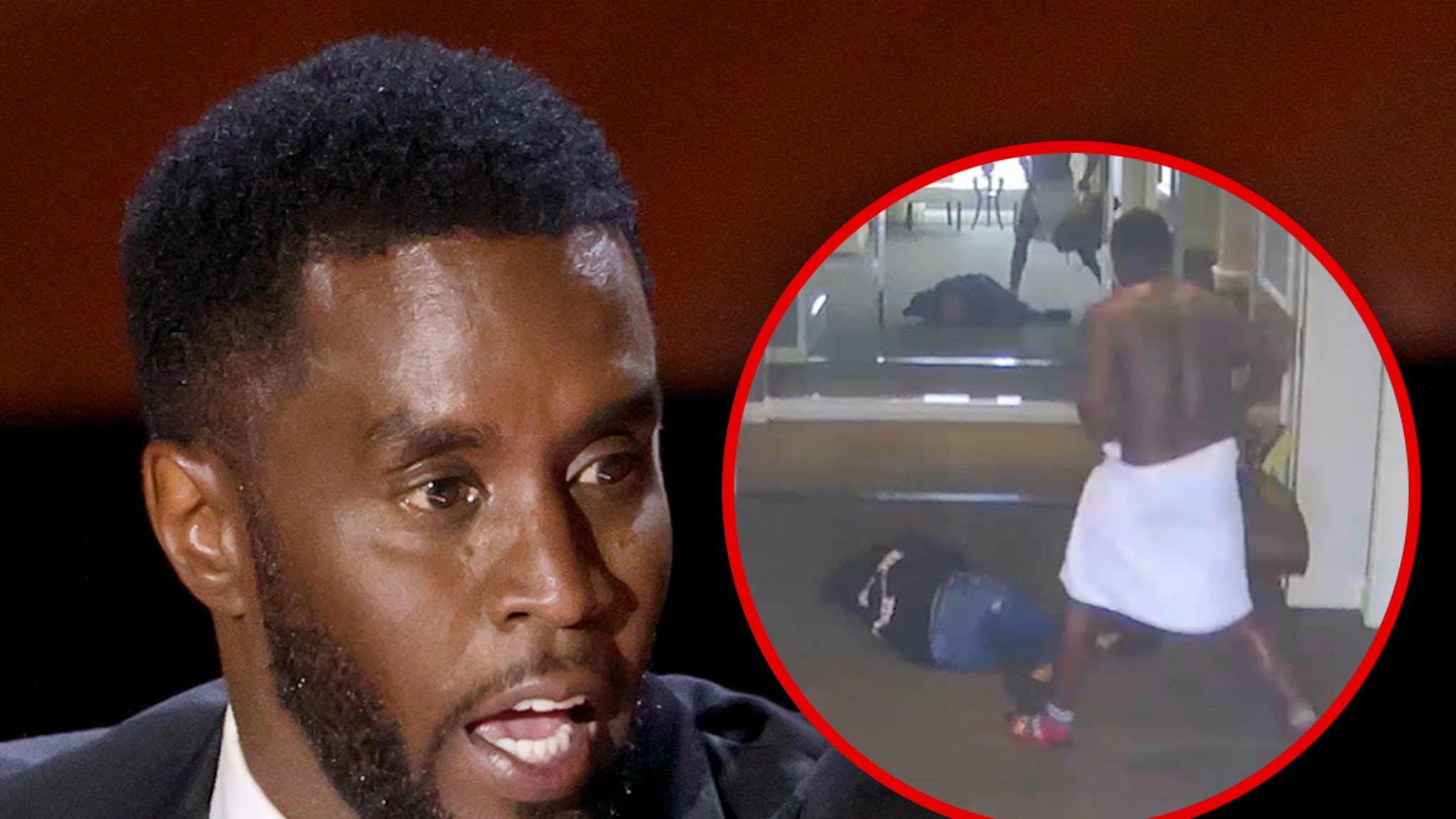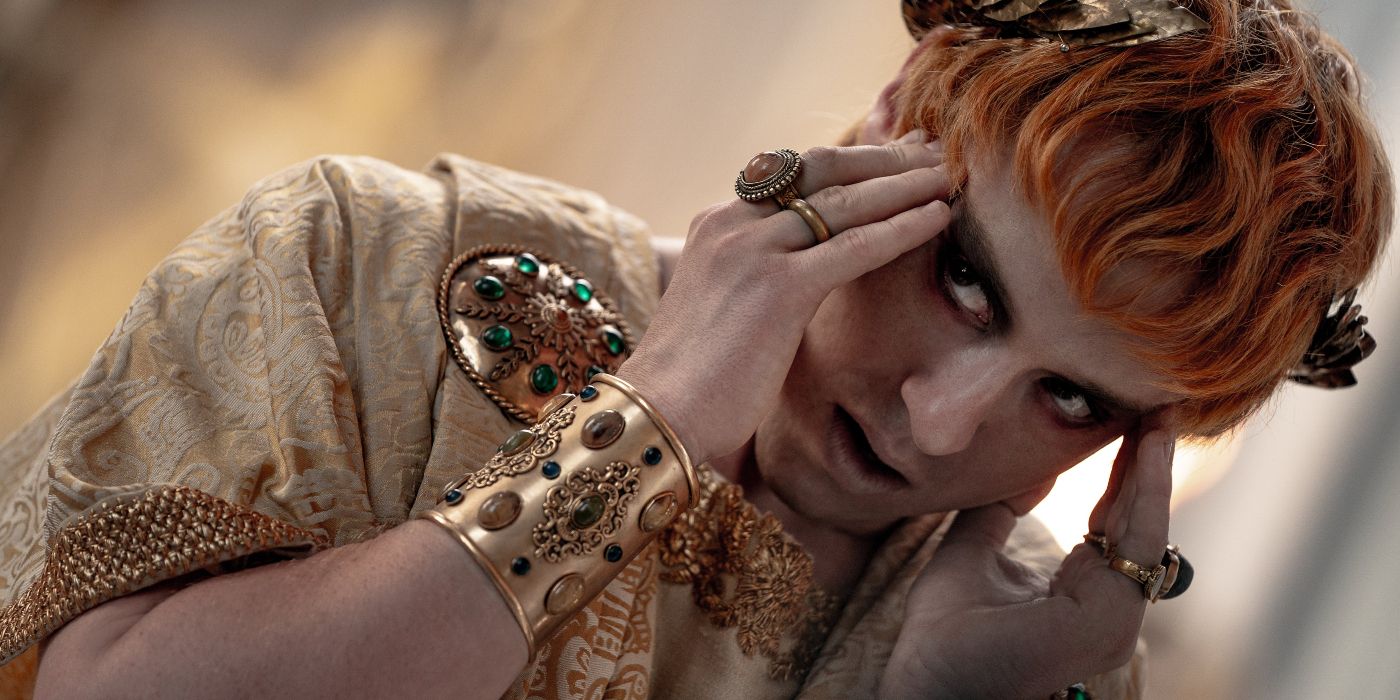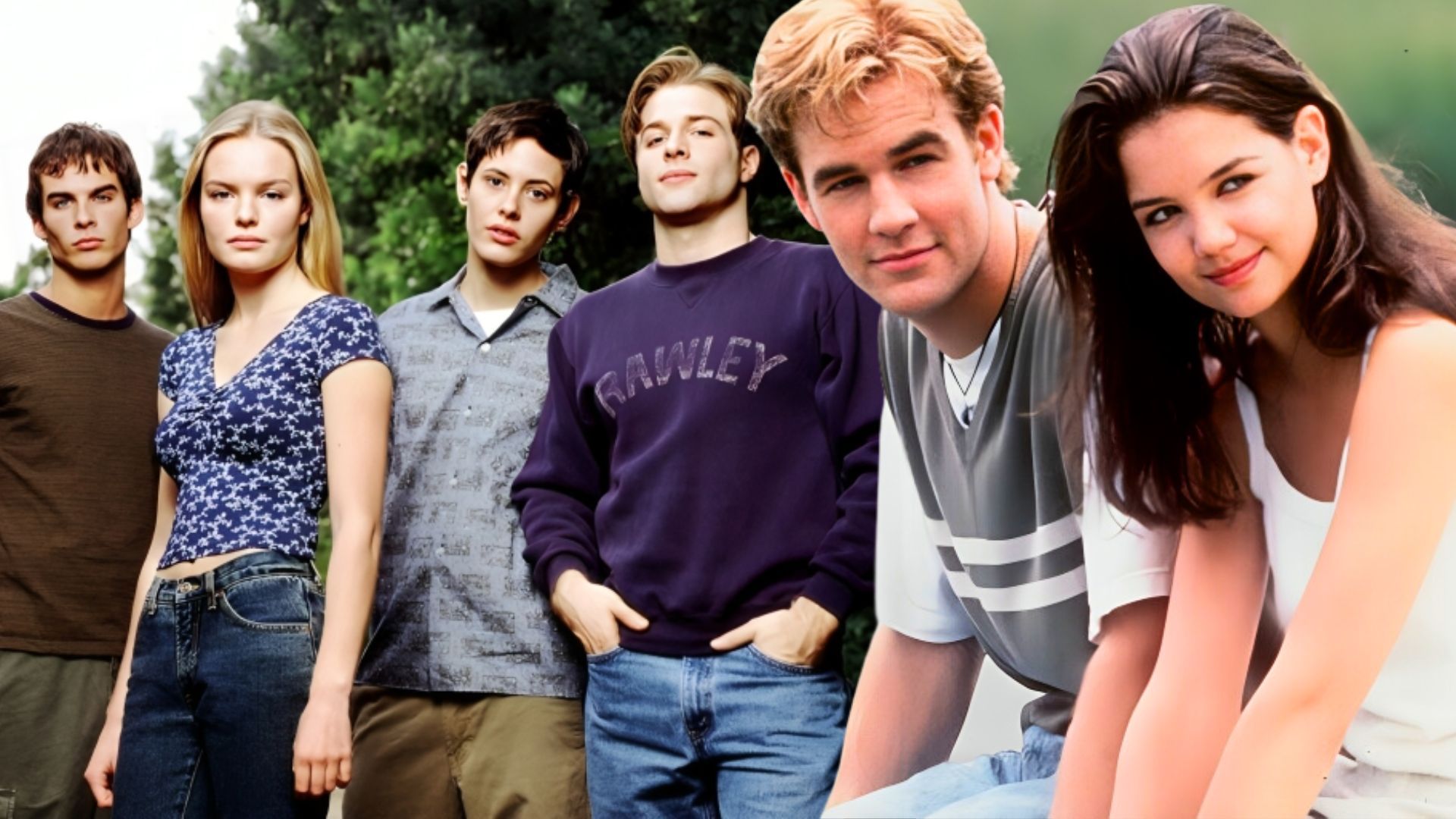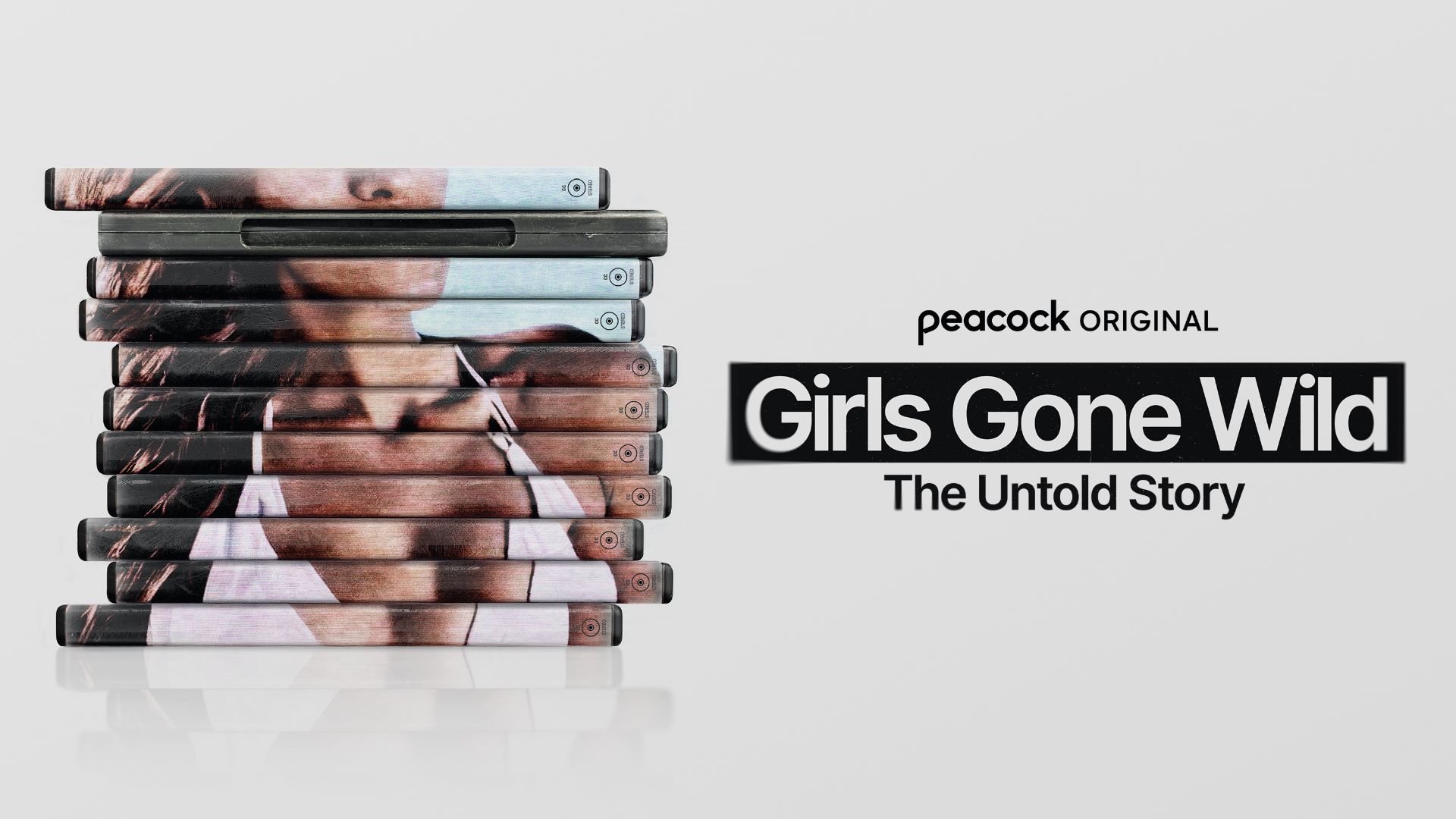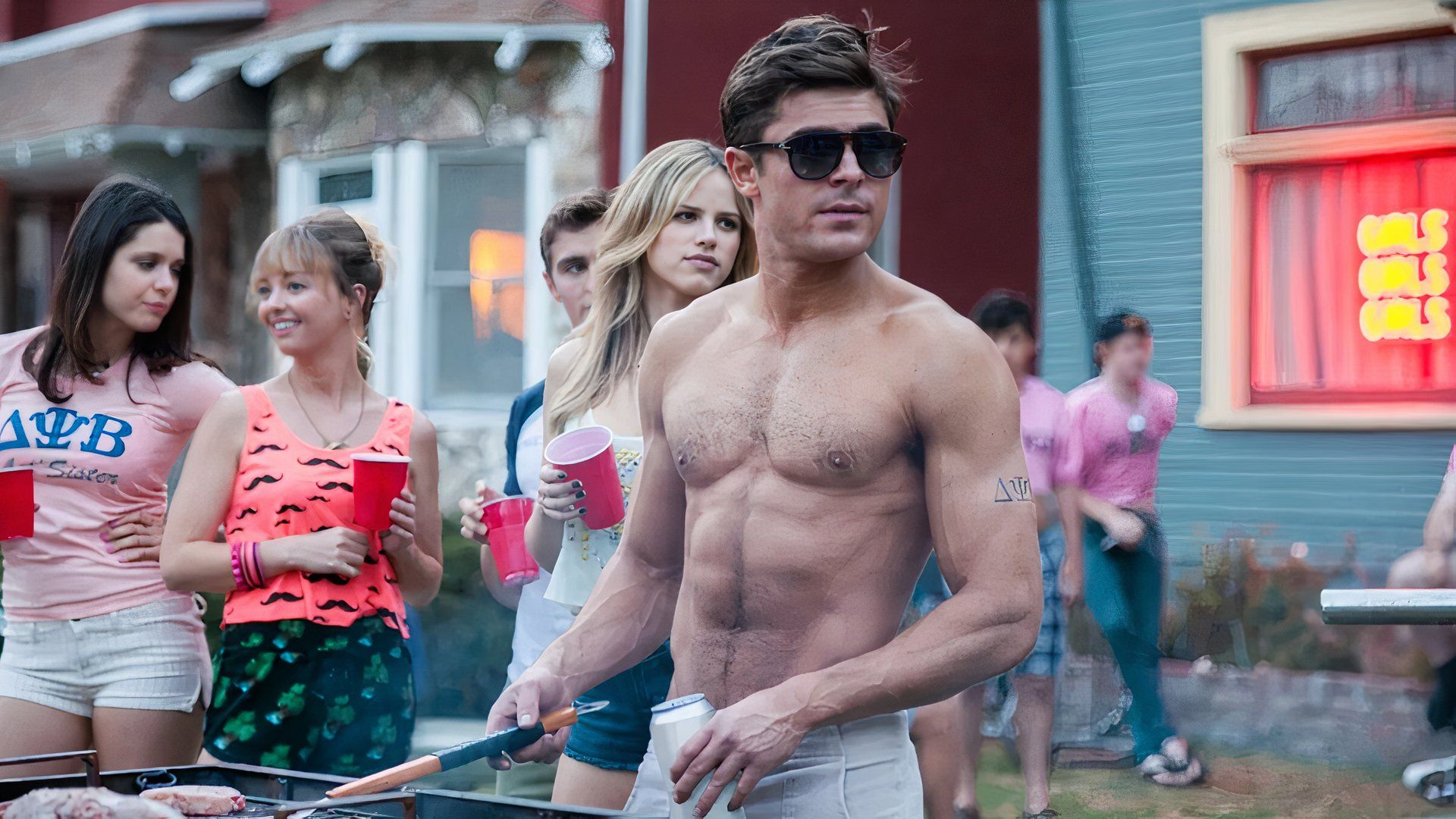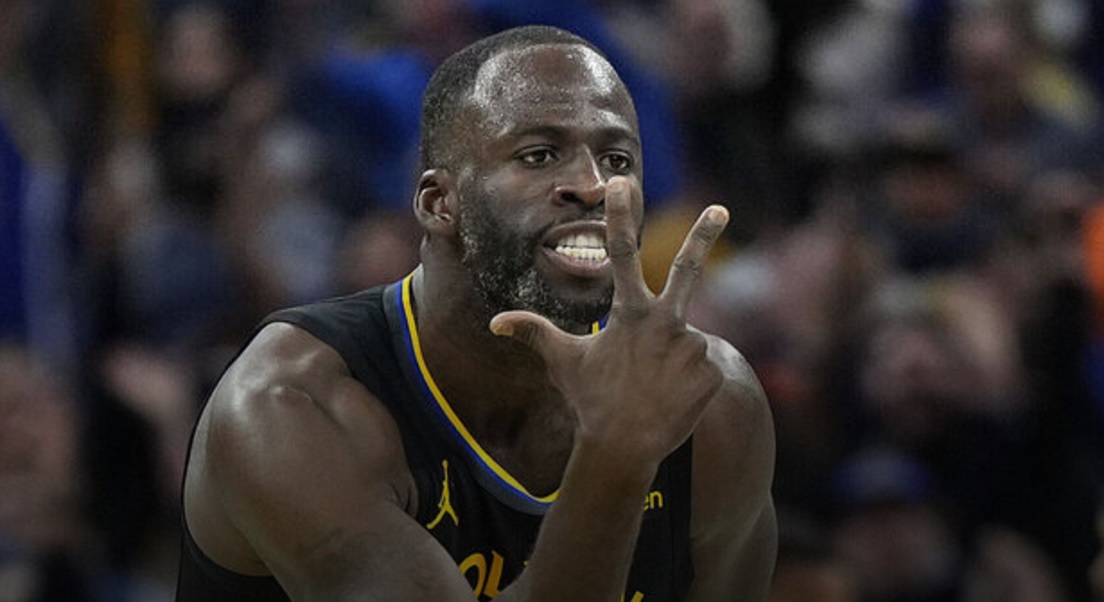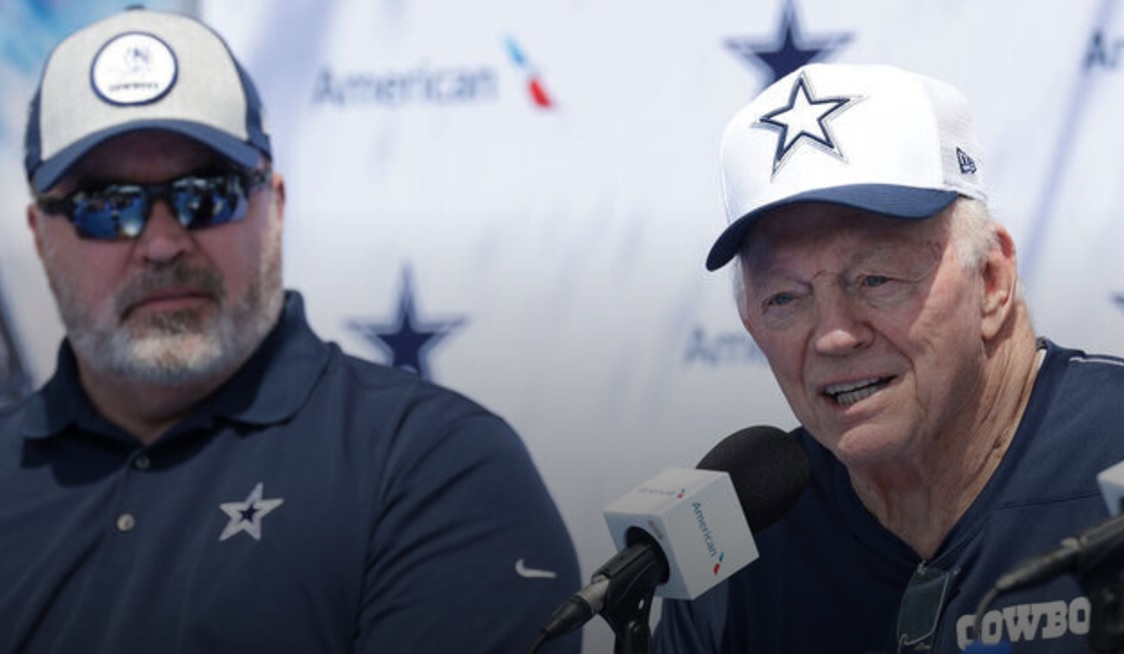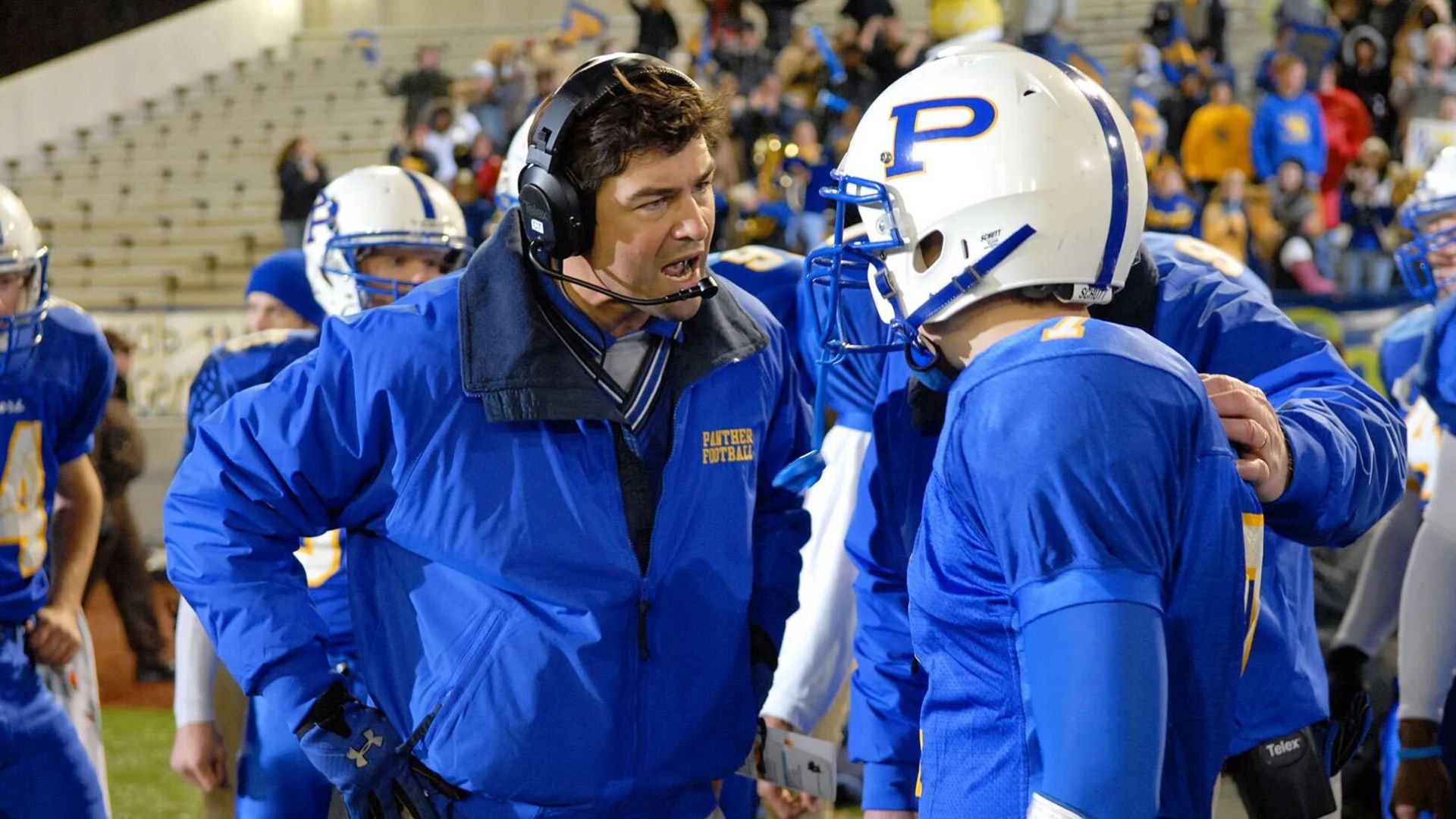People, I think, grimace a little when they hear about new Cage movies. But not me, because I know the quality of his performances never fully dropped off. Even while appearing in “Left Behind” and “211,” he would still get hired by discerning directors for performances with no little gravitas. David Gordon Green’s melancholy crime film “Joe” came out in 2013, the thick of these years, and that’s about as good as Cage has ever been. The low point for me was “Pay the Ghost,” a dreary horror-thriller in which he looks puffy and sad. I was worried then that he wouldn’t rebound. I shouldn’t have. The thing about making straight-to-Netflix thrillers is you get to have fun. In the risible “Arsenal,” he resurrected his be-wigged character from “Deadfall” because well … it was a funny idea that made the movie worth watching. In 2017’s “Inconceivable” he makes not speaking into gestural high art. In the movie “A Score to Settle” he sings and plays the piano, showing genuine vulnerability and an eagerness to please all the while freely expressing himself however he wants. He isn’t even that raw in “Leaving Las Vegas.” Of course, because he’s still Cage, he ends the movie with this scene, a little box of treasure for fans of his expressionism.
Cage hung on through lean years with meagre characters and it paid off. In 2018 he had a breakthrough. He fulfilled a lifelong dream to play Superman in the Teen Titans movie, he was put in the maximalist “Mandy” which gave him a huge boost, and he gave an unbelievable performance in the little seen “Between Worlds.” In the latter film, he plays a stoner truck driver caught in a supernatural romance; the movie features many scenes of him just hanging out and loving life. It was good to see him look like he was really and truly enjoying himself. The movies have had better attitudes in the years since. In “Color Out of Space” he sneaks in a bizarro call-back to his performance in “Peggy Sue Got Married,” but for the most part delivers a credibly sorrowful turn as a man who loses everything. He had his latest big Sundance premiere with Sion Sono’s bonkers “Prisoners of the Ghostland” earlier this year, a rousing success on its own terms.
Watching “Prisoners of the Ghostland,” a canny navigation of what he does well and what people expect from him, I found myself perversely proud of this man I’ve never met and do not know. He started as a heartthrob who wanted to be more, an honest to god star, and he did it. Then he lost it. He gained weight, lost his hair, lost his studio contacts, lost his franchises. But then, just when it seemed like he would be lost in a sea of bad press and internet ridicule, he pulled himself back from the abyss. In “Ghostland” he’s in great physical shape, he manages a legible emotional journey in the middle of a zany yakuza western hybrid, and he still has his sense of humor. I thought back on his whole career, from the old-time analyst in “Snowden,” the man who’s seen it all, to the Jimmy Stewart impressions that creep up on him during his steely and fearsome performance in Werner Herzog’s brilliant “Bad Lieutenant: Port of Call New Orleans,” and Paul Schrader’s “Dog Eat Dog,” to his turn as Fu Manchu in Rob Zombie’s “Werewolf Women of the SS,” all the way back to his heartbreaking hunk in “Valley Girl.” I saw a survivor.
You can view the original article HERE.
